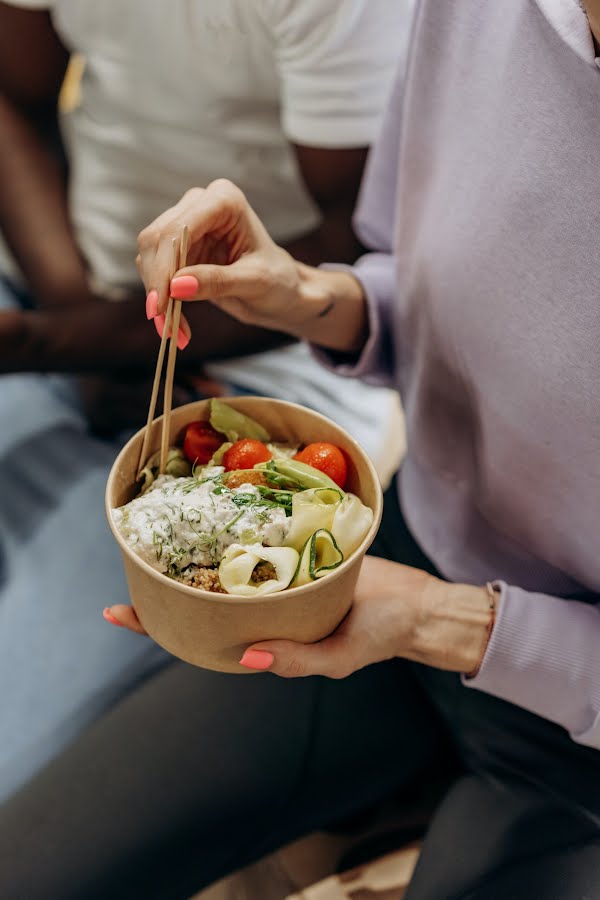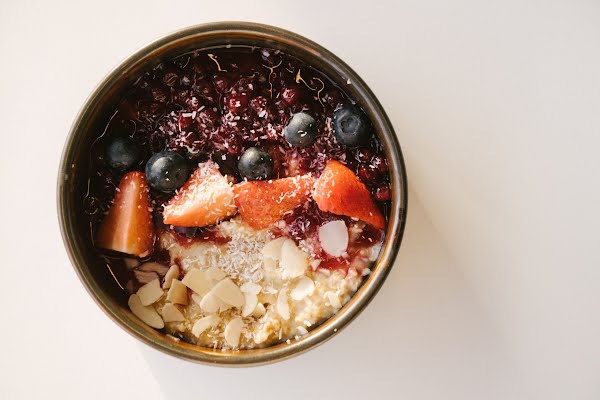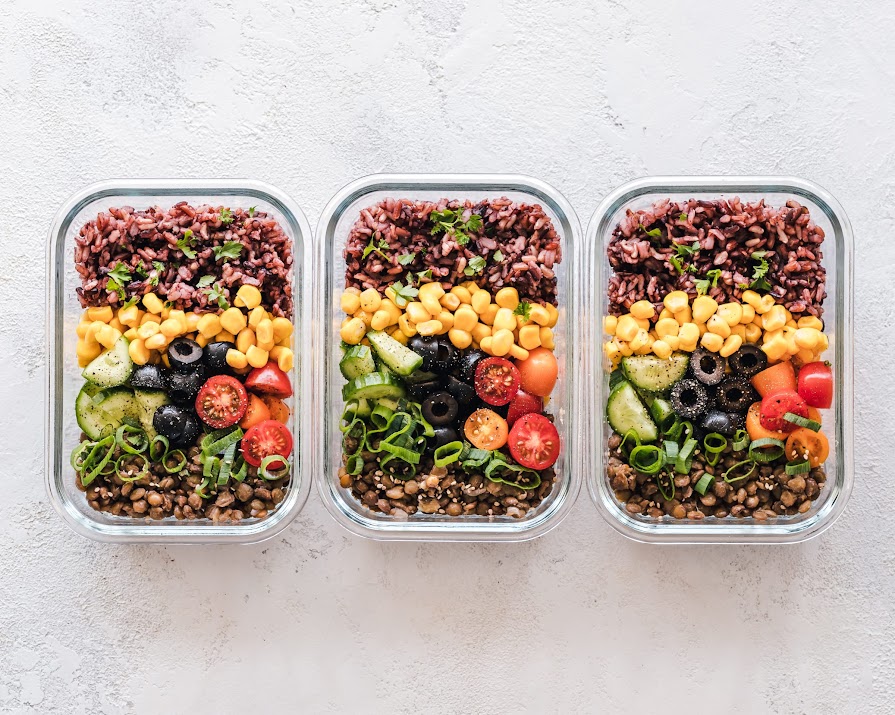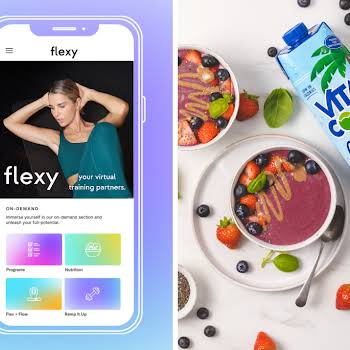By Hannah Hillyer
21st May 2023
21st May 2023
With the Vhi women's mini marathon coming up in just a few short weeks, many of us will be in full training mode. Here’s what we learned about how to fuel your training at Reformation’s Running & Nutrition Workshop.
If you are in the lead-up to a big race or are trying to complement your weight-based training with some cardio, you are more than likely out pounding the pavements three to four times a week. When you’re running this much it can feel like no foods are off-limits with the calories you’re burning. I have been known to eat a very large Avoca Rice Krispie Square after a long run in the park (and felt absolutely no guilt about it).
To approach eating with a healthy mindset we should avoid restricting foods and labelling them “good” and “bad”. Think more about how a meal can fuel and sustain you through your exercise, and look at balance rather than elimination.

What to eat?
Registered Associate Nutritionist, Carla Bredin is a keen runner so has lots of insights into how to strategically fuel your training. She does not advocate for apps that allow you to obsessively track your calorie intake, instead favouring a more relaxed approach.
This simply means filling your plate with a variety of foods that can fuel your body mile after mile – it’s not about perfection, it’s about trying your best with each meal.
“Generally breakfast, lunch, dinner, and snacks want to follow this kind of pattern. And it won’t always happen. So it’s not something to stress over.”
When possible, your plate would be divided like so:
- 20% of your plate is from complex carbohydrates like brown rice, oats and potatoes.
- 25% of your plate is from a protein source – that can be animal-based or plant-based.
- 5% of your plate is fat, this makes you feel fuller for longer – parmesan, feta, butter, etc.
- 50% of your plate is just full of colour and fibre – your veggies, your fruits, and your salads.
Eating like this is a much more flexible and intuitive way of eating rather than being really restrictive and tracking or weighing your food out for each meal.
She does say that it can be hard for people to approach food in this way after years of counting points, calories or “sins”. This anxiety comes from not being able to quantify what you’re eating as so many of us do.
“I hardly ever see people that are eating too much. And so that permission to allow yourself to fuel using your eye, knowing that you’ve had all the macronutrients that you feel satisfied, that you feel like you’re kind of doing what you need to be doing without obsessing over the grams, ounces, calories, numbers on the scales anything like that.
“You can go to another nutritionist and they will have a very different point of view. But I’ve become very, very clear on how punitive, restrictive and anxiety-inducing it is to constantly track because it pulls the joy out of eating and running.”

Be prepared
With the summer now within sight, the question on everyone’s lips is “any plans?” Whether you’re planning a foreign holiday or a long overdue brunch catch up with the girls, we’re all very excited to make plans while the sun (hopefully) shines. If you are working on a training schedule, it can be really time-consuming.
“If you’re working full time, and training for these big events, a lot of your week is going to be taken up with working and training. You’re not allowing yourself to thrive as you possibly could if you’re not prepared.
“Obviously, we’re all super busy, it’s not possible to cook from scratch every single evening. So the more preparation you can do ahead of time, the better.”
What does she recommend?
- Batch cooking once a week
- Do a big online shop once a week with all your staples: dry foods, frozen foods, your canned goods.
- Top this up during the week with a couple of fresh shops: meat, veg and fruit.
- Invest in a pressure cooker: things that would take 2-3 hours to cook take 20 minutes in the pressure cooker. You can make casseroles, stews, and soups, in six to eight portions.
- Good, airtight, containers are really important. This helps food to stay spoil-free for three to five days, sometimes up to a week.
Lunch in a rush
Lunch is usually my biggest stumbling block as it’s so easy to grab convenience food. So when you’re in the presence of a nutritionist why not ask what their go-to, lunch in a rush is?
“One of my lifesavers is microwavable brown rice, a can of tuna and a bag of rocket when I have no time to think about it. I microwave some rice, I’ll drain a can of tuna, throw it on top, and then I’ll put a heap of rocket through it.
“I’ve got my carbs, protein and colour. It’s not me at my absolute best, but damn, it’s perfectly nutritious.”
For more information on nutrition, or for advice on more specialised dietary concerns visit Carla’s website: wildhealthy.com























